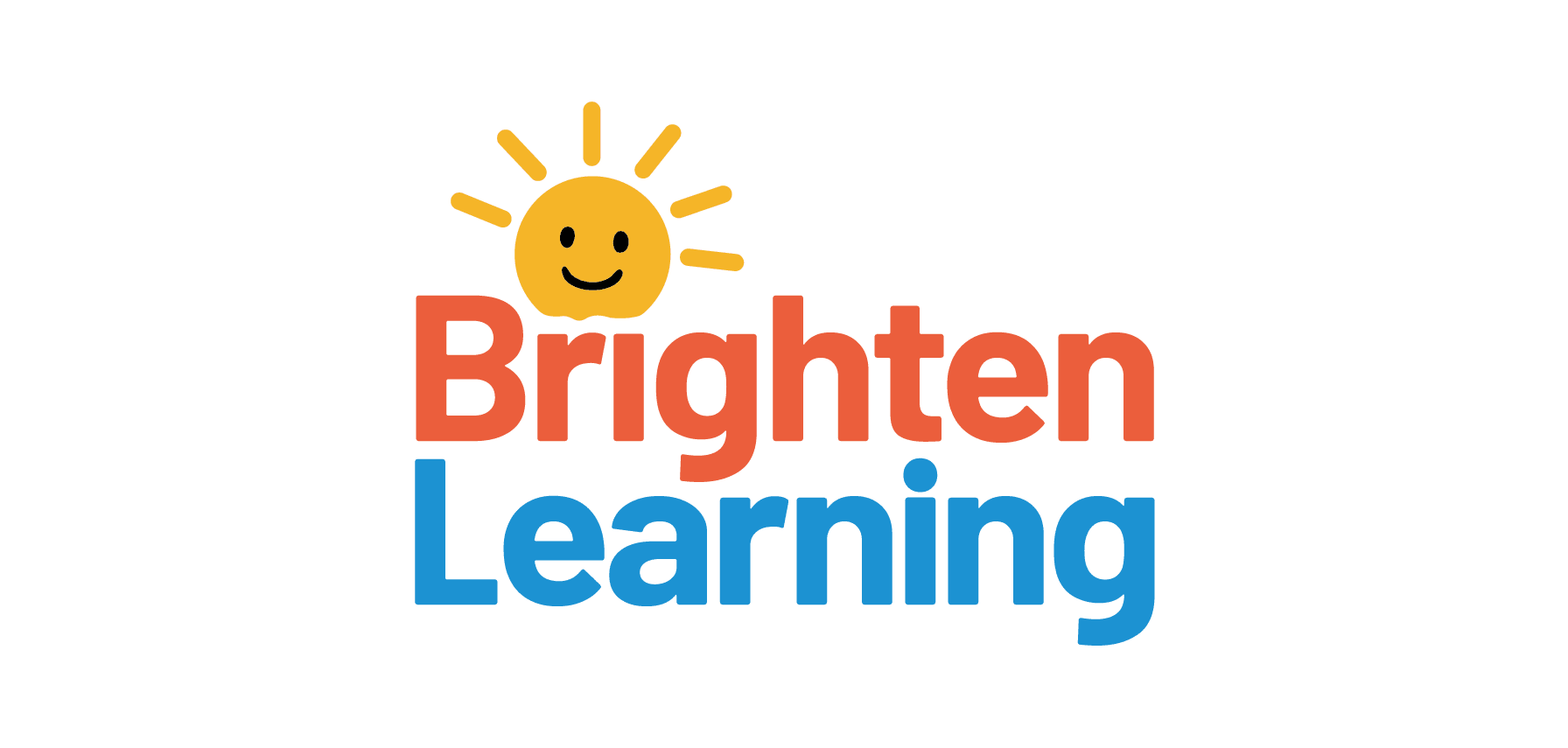Can Computers Teach Social Skills to Children? Examining the Efficacy of “The Social Express…”
“Independent Research at the Tier 1 level, pre-post (immediate) comparisons on a social skills rating scale indicated statistically significant differences by groupstudents with disabilities indicated a statistically significant improvement in social skills when the program was used for at least ten weeks (Krach, McCreery, Miller Doss, & Highsmith, 2020).”
Hope Online Learning Academy Case Study
“Thank you for the opportunity to pilot use of “Social Express” with our special education students during the 2016/2017 School Year. During the year we had the opportunity to utilize the program in a variety of settings and despite some technological issues on our end, we found the curriculum to be engaging and interesting to our students and they enjoyed working on it, both individually and in small groups.”
First Efficacy Study of The Social Express for Social Skill Improvement in Youth with ASD showing evidence of improved social communication and Social-emotional functioning.
“We found that both treatment interventions, CCAL and TSE, had a beneficial effect on anxiety in the youth that were followed in the
current study. This is noteworthy because while social-communication deficits are necessary and must be present for an ASD diagnosis,
anxiety is not a necessary finding for the diagnosis. However, anxiety is a prevalent co-occurring or possibly comorbid condition with
ASD. Social-communication deficits may increase vulnerability to basic developmental challenges and consequently increase the
potential for anxiety to develop (Pickard, Rijsdijk, Happ´e, & Mandy, 2017). Its possible that interventions that also improves
social-communication challenges may result in the development of skills that can be used to navigate and more successfully resolve
conflict that otherwise would increase vulnerability to anxiety. In the present study we found preliminary evidence that the TSE has
some positive effect with respect to anxiety reduction.”


